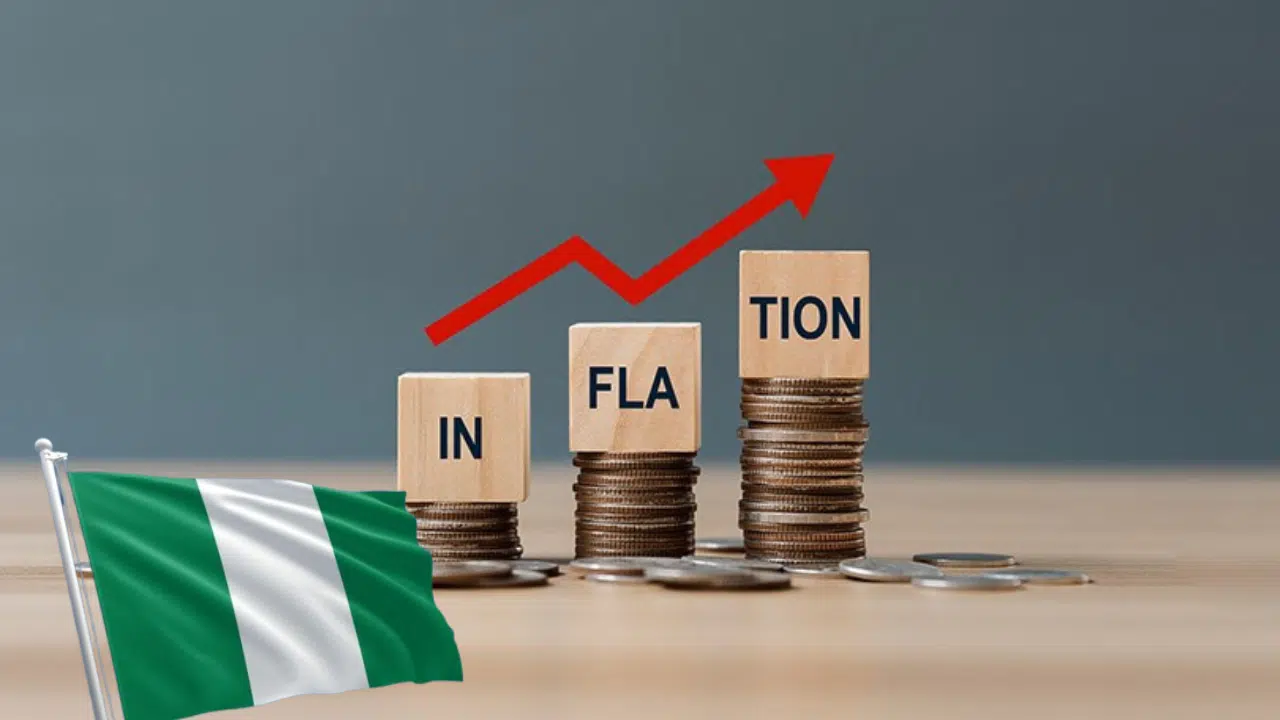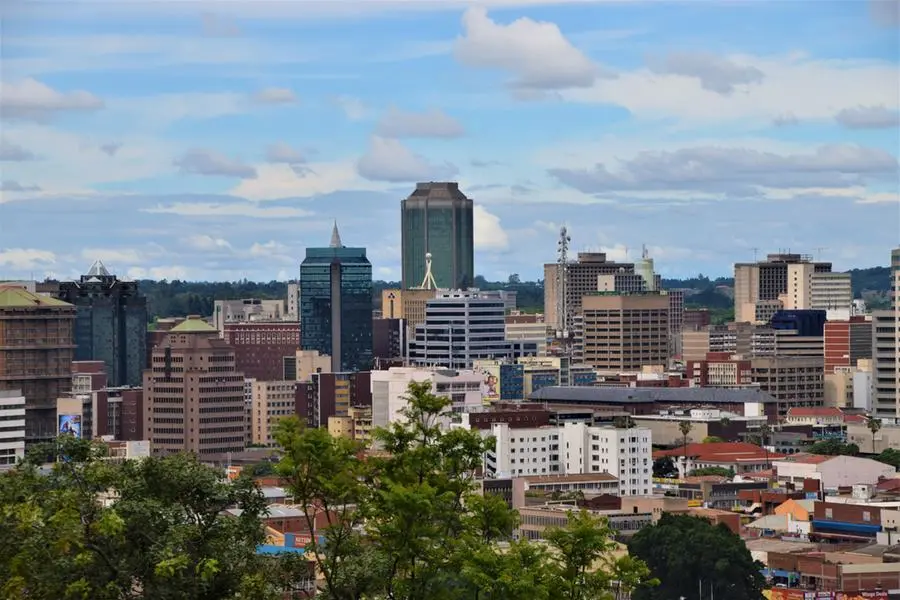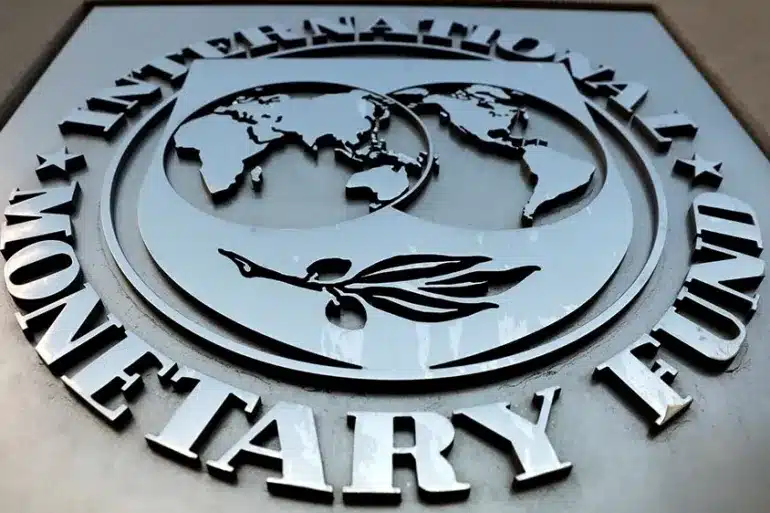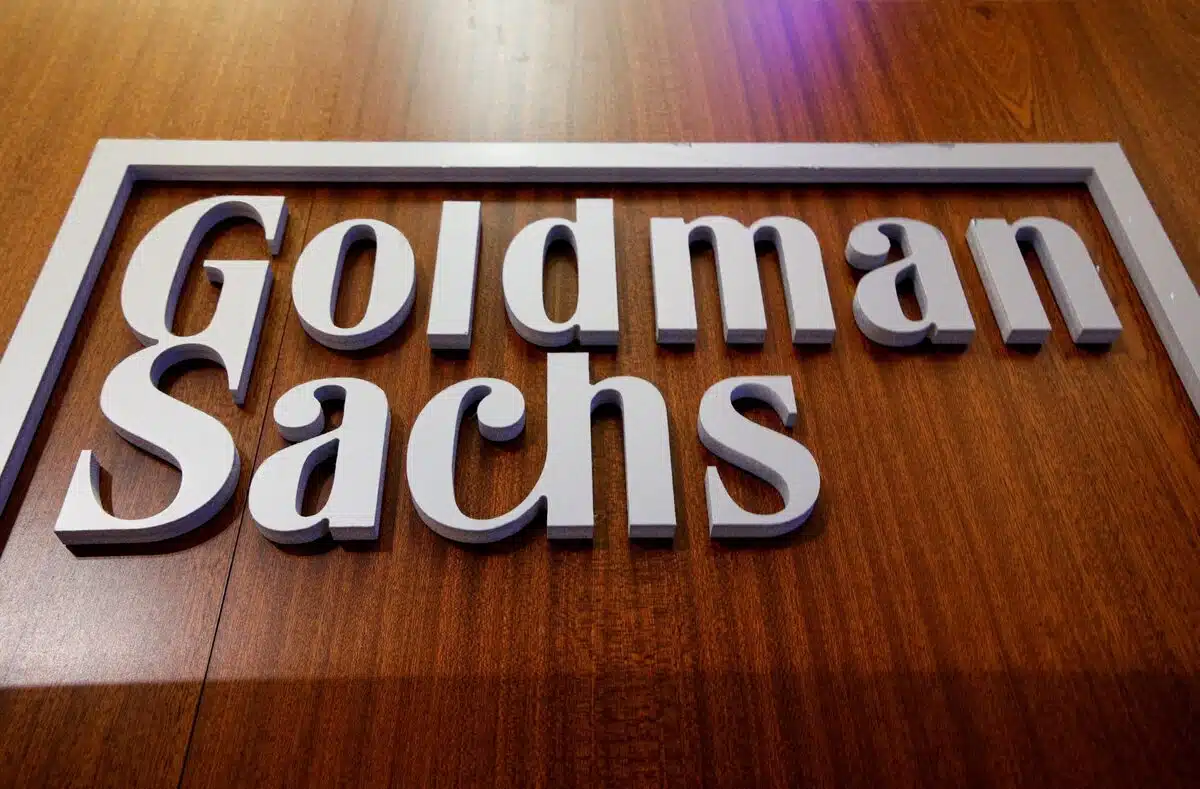Nigeria’s inflation slowed for the second month in a row in May, falling to 22.97% from 23.71% in April. The drop was driven mainly by easing food and beverage prices.
Month-on-month inflation also declined, cooling to 1.53% in May from 1.86% in April, the National Bureau of Statistics revealed on Monday
On a year-on-year basis, the latest figures reflect a steep drop from 33.95% recorded in May 2024, although the decline is partly explained by a recent change in the inflation base year.
Still, risks remain. The escalating conflict between Israel and Iran has pushed crude oil prices sharply higher—from $65 to $75 per barrel in just one week. This 15% surge is expected to raise global energy costs, and Nigeria, like many oil-importing economies, may soon face renewed inflationary pressure.
A report by the Centre for the Promotion of Private Enterprise (CPPE) — a Nigerian think tank focused on market-based policy advocacy —warns that the spike in oil prices will raise the cost of petrol, diesel, gas, and other petroleum products.
These increases could trigger another round of inflation through higher transport, logistics, and power generation costs.
“Energy cost is a major factor in the Nigerian inflation equation,” the report noted. “These additional costs would be passed on to final consumers, depending on the degree of consumer resistance.”
Imported inflation is also likely, as global energy price increases ripple across borders. Higher inflation could prompt central banks globally—including Nigeria’s—to resume monetary tightening.
This, the report adds, could raise interest rates further, dampen investor sentiment, and slow portfolio inflows.
The Central Bank of Nigeria (CBN) has maintained its benchmark interest rate at 27.5% since November 2024.
At its most recent meeting in May, the CBN left the rate unchanged, reflecting a cautious stance amid signs of decelerating inflation and persistent economic challenges.
Yet some analysts argue that the oil price shock may benefit Nigeria in certain areas.
According to Muda Yusuf, an economist and the Chief Executive Officer of the CPPE, rising crude prices could improve foreign exchange inflows, government revenues, and investor appetite in the oil and gas sector.
The government currently earns about half of its revenue from oil.
A sustained price rally—especially if combined with better production—would help boost public finances, support fiscal consolidation, and strengthen the naira by improving dollar liquidity in the financial system.
“If the current conflict persists and escalates, the Nigerian economy may record upsides in a number of areas,” Yusuf said. “This would even be more impactful if output performance improves.”
Oil and gas investors may also gain. Higher prices tend to improve returns on upstream projects—potentially drawing renewed interest to a sector long weighed down by regulatory and operational hurdles.
For now, inflation appears to be cooling.
But how long that relief lasts will depend on how energy markets respond to geopolitical risks—and how much of those costs are passed on to Nigerian consumers.










